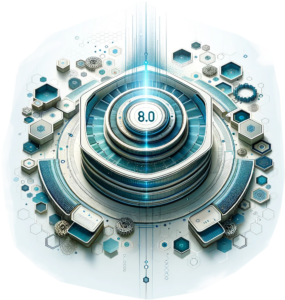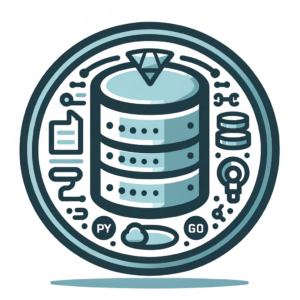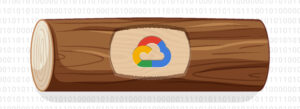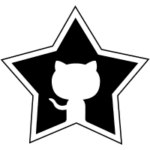rqlite is a lightweight, open-source, distributed relational database utilizing SQLite as its storage engine. Thanks to Jason Tackaberry, there are new Helm Charts for rqlite.
is a lightweight, open-source, distributed relational database utilizing SQLite as its storage engine. Thanks to Jason Tackaberry, there are new Helm Charts for rqlite.
Helm helps you manage Kubernetes applications — Helm Charts help you define, install, and upgrade even the most complex Kubernetes application. rqlite already integrates really well with Kubernetes and Helm support makes it even easier to manage your rqlite deployment.




 rqlite
rqlite


